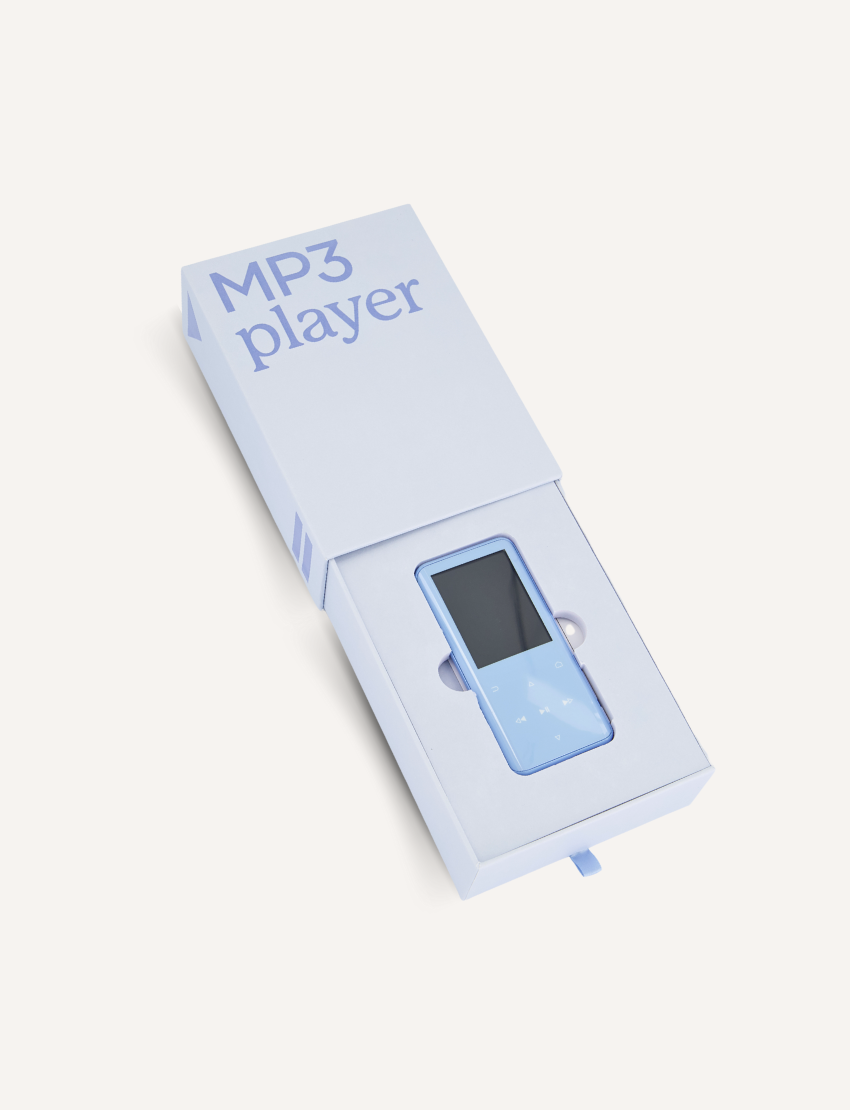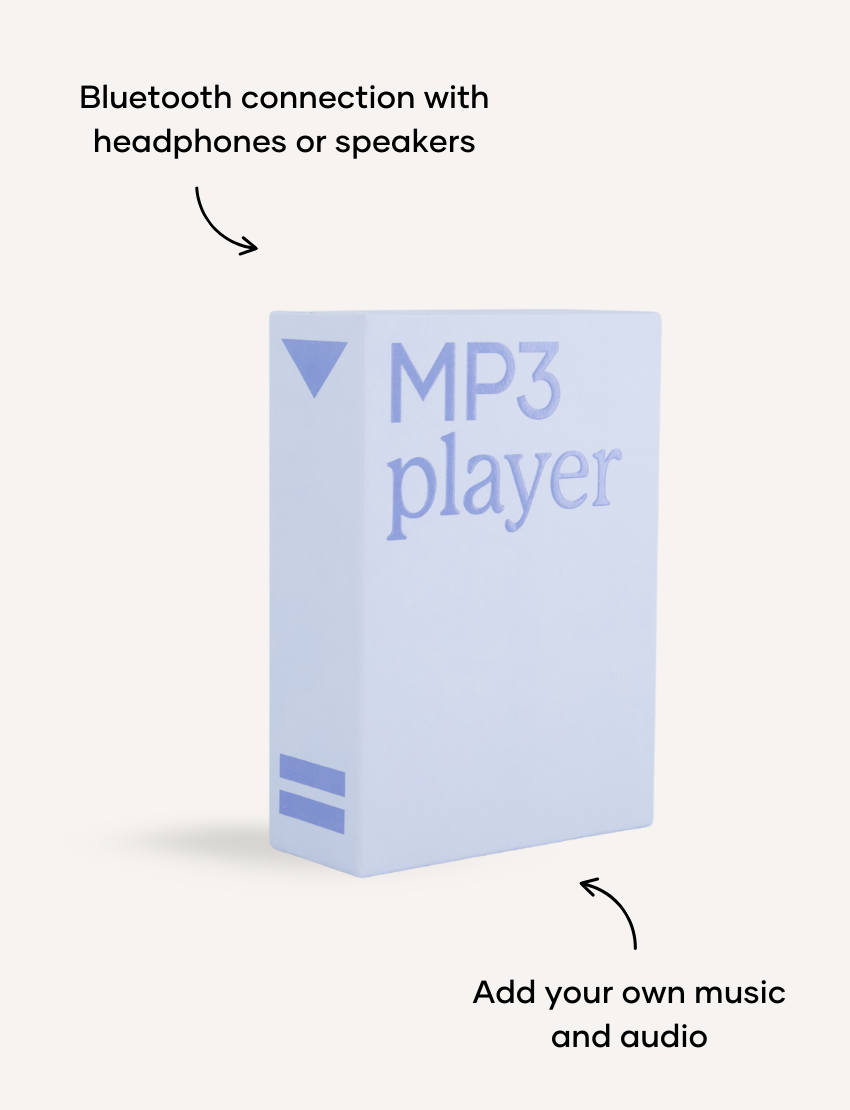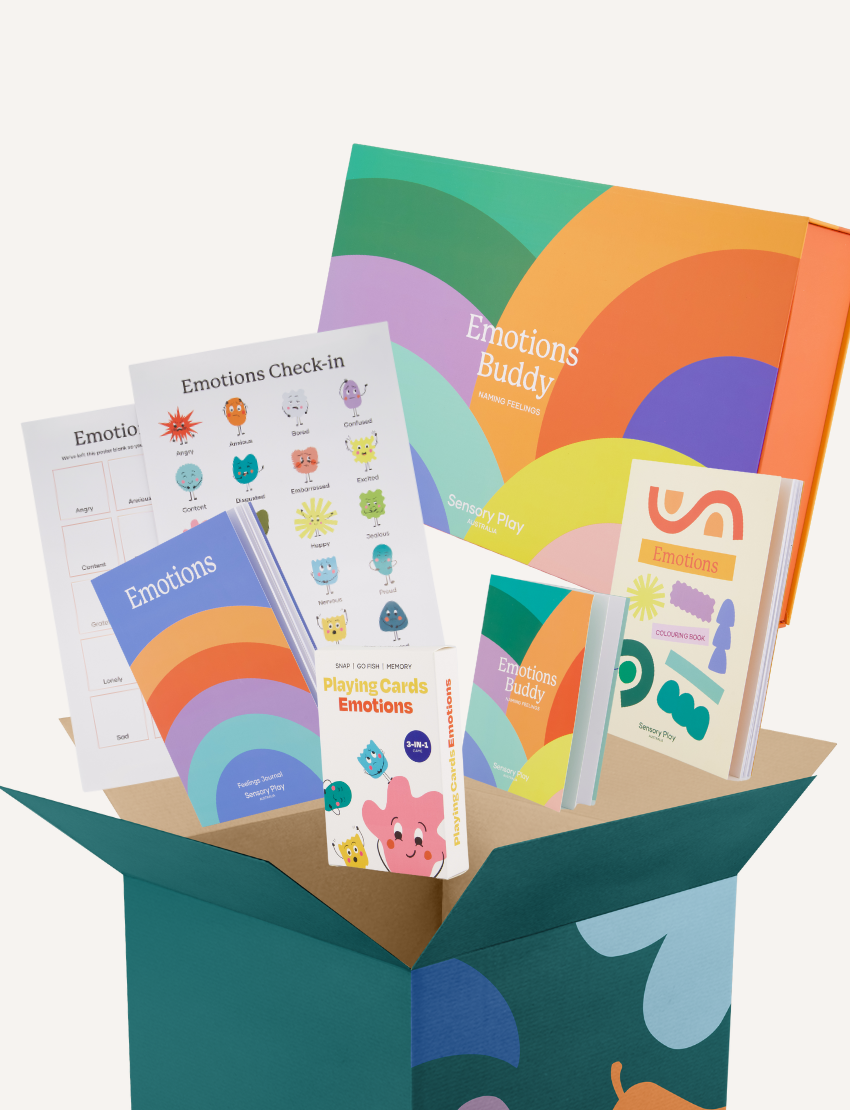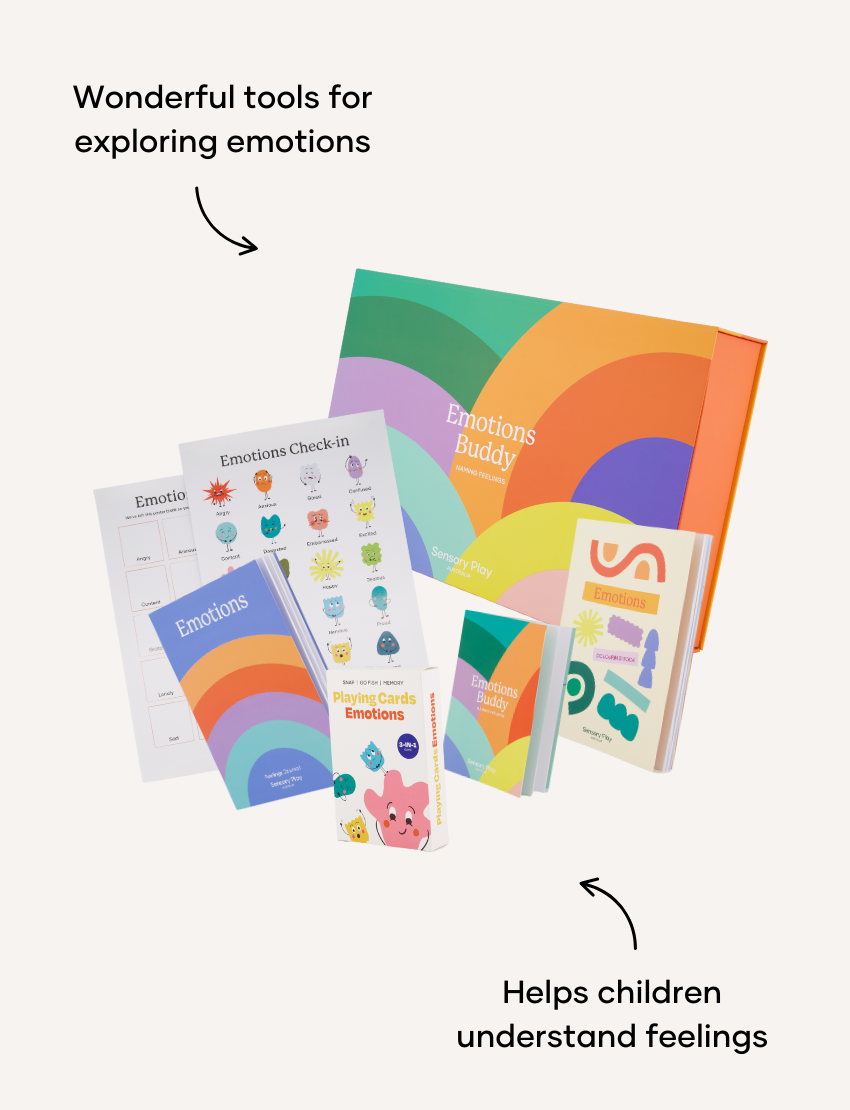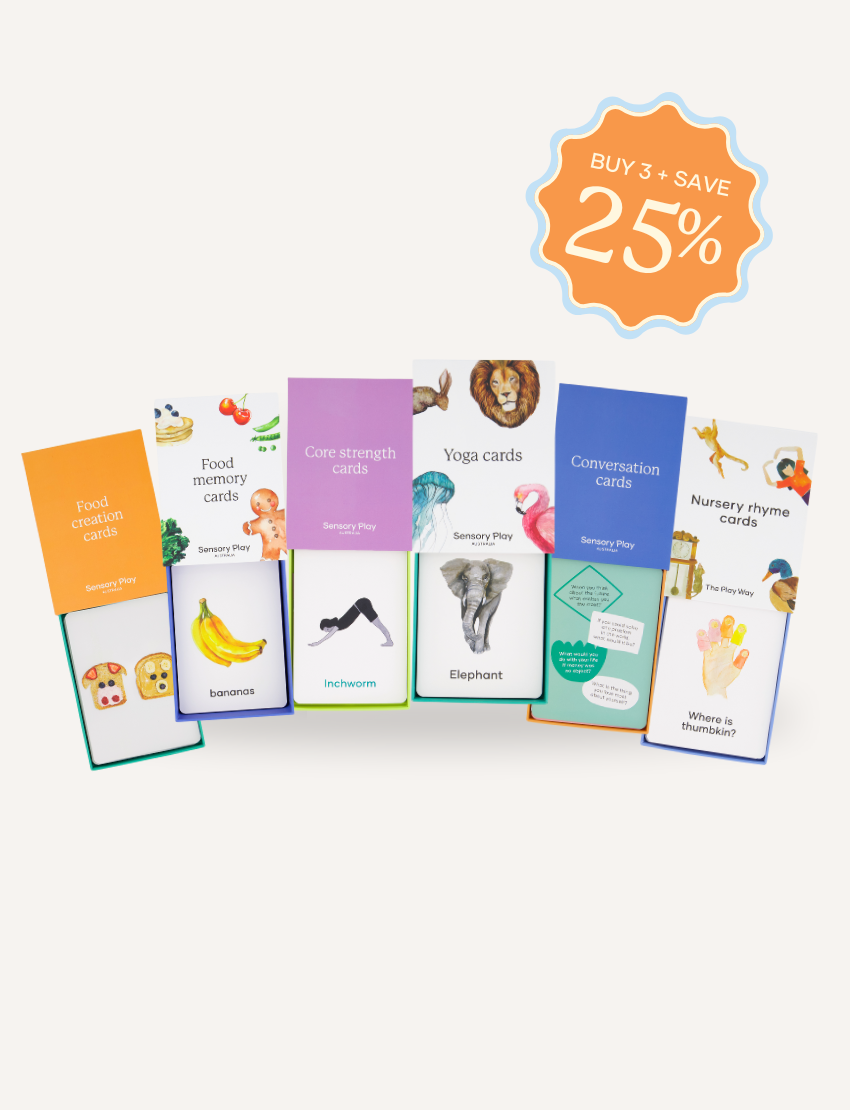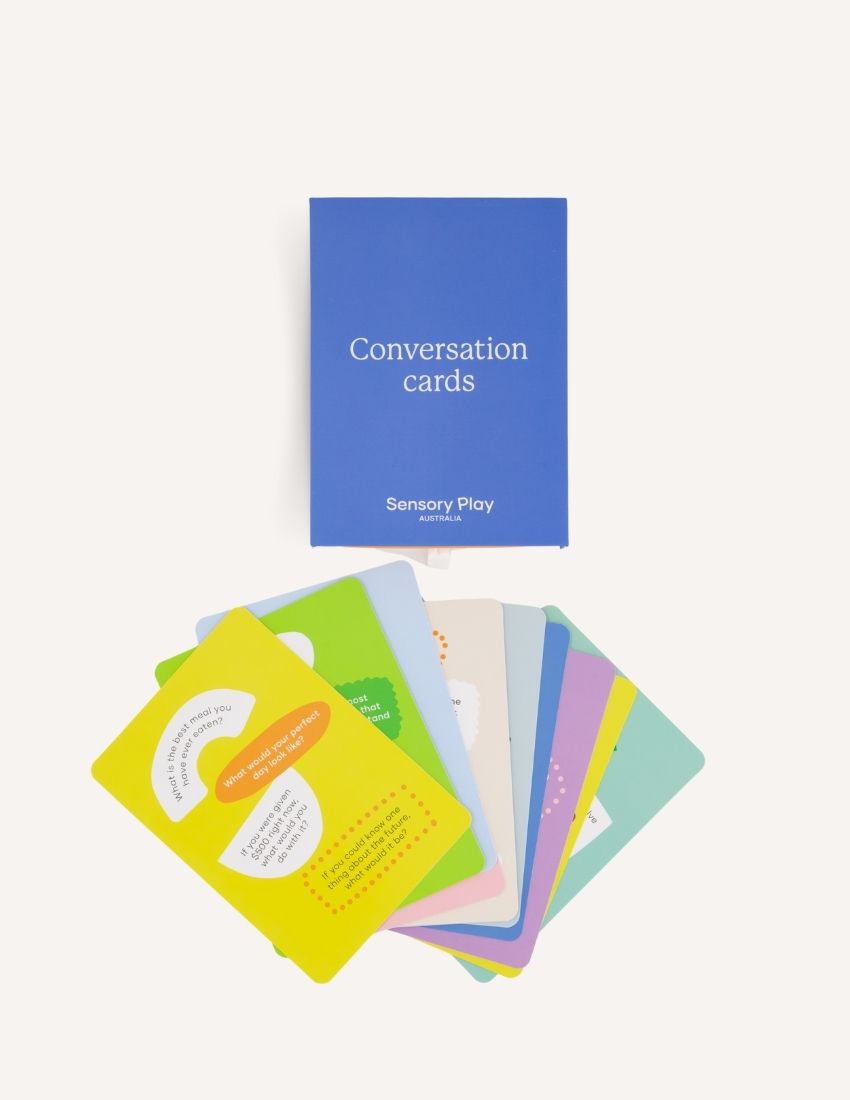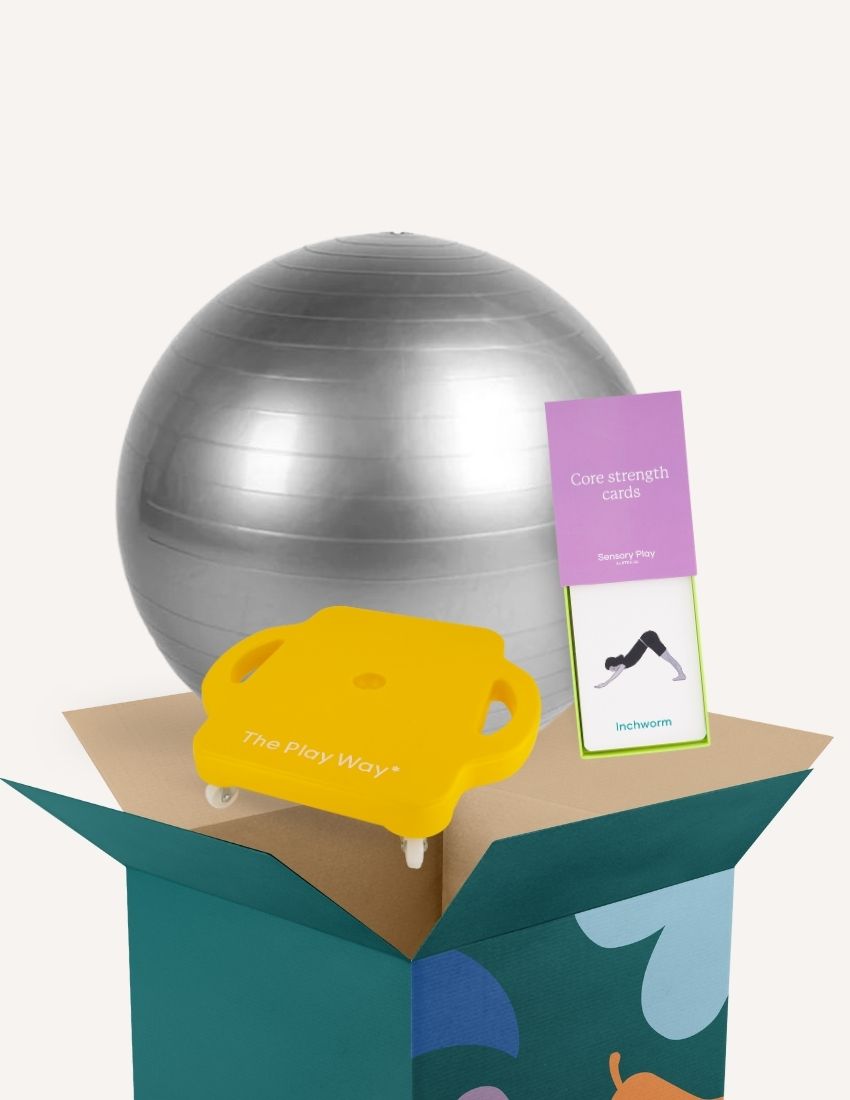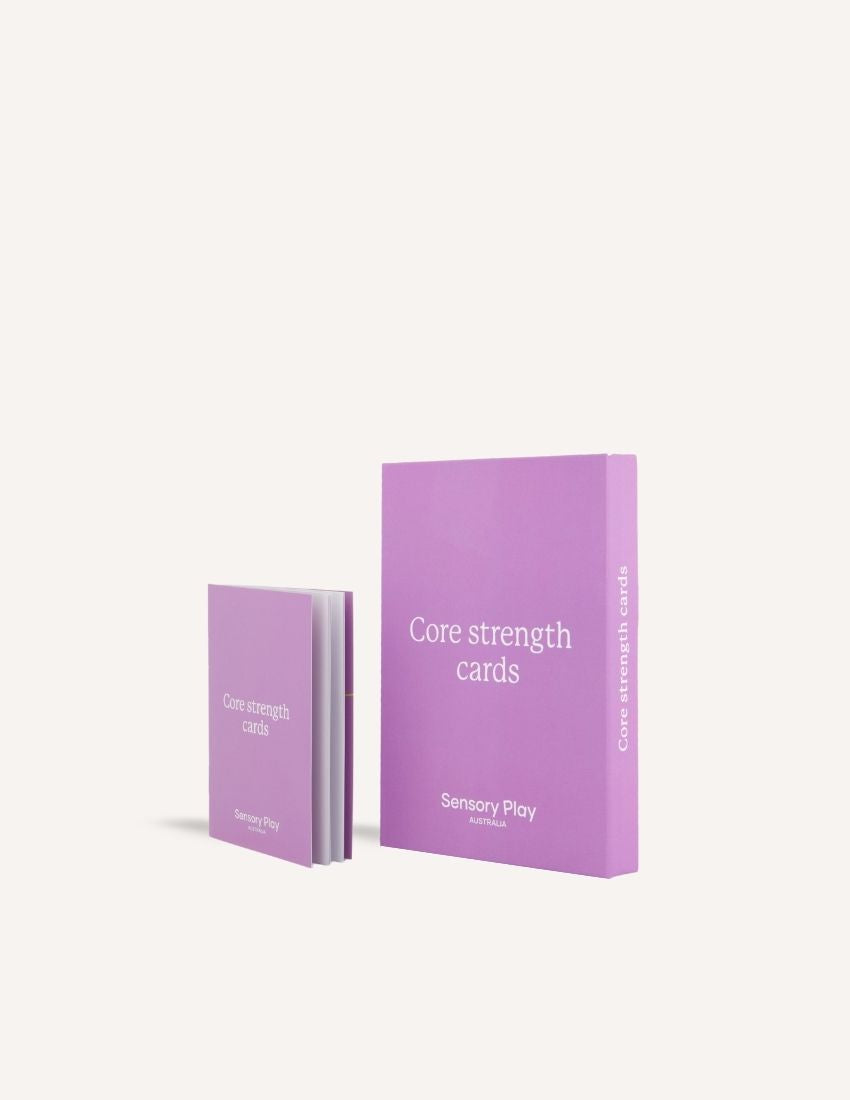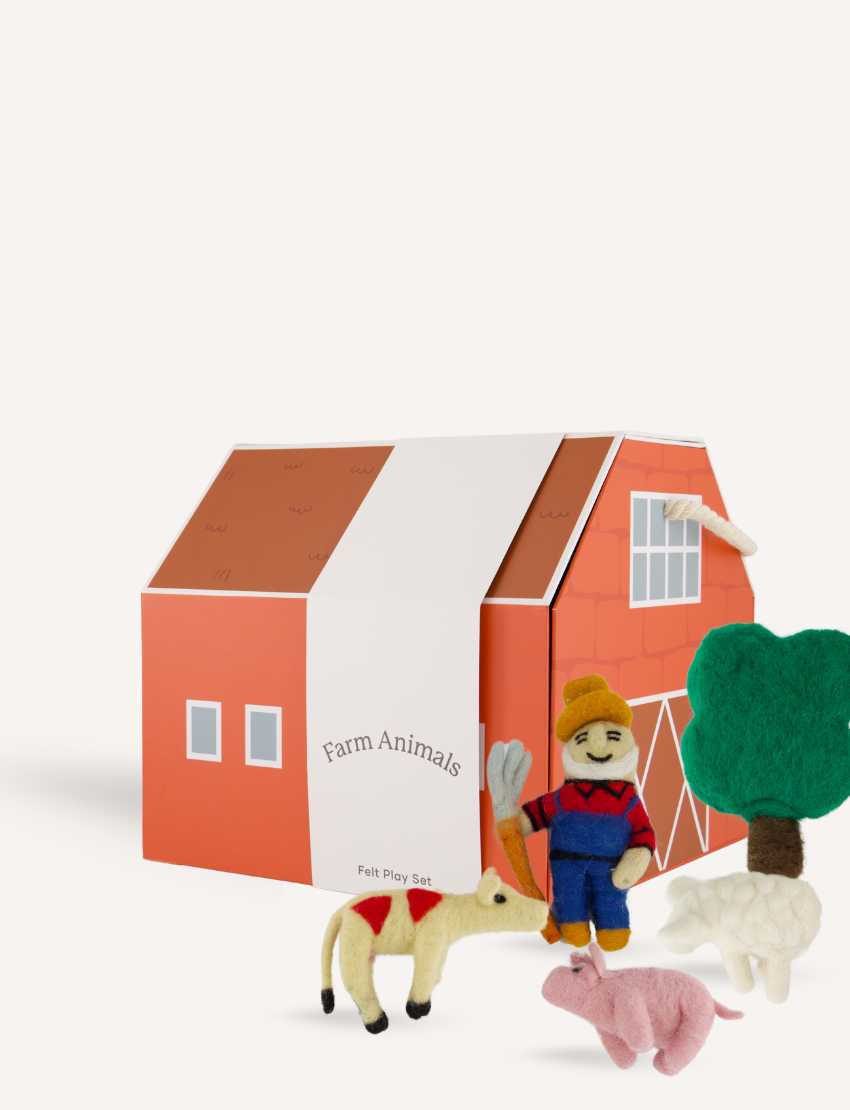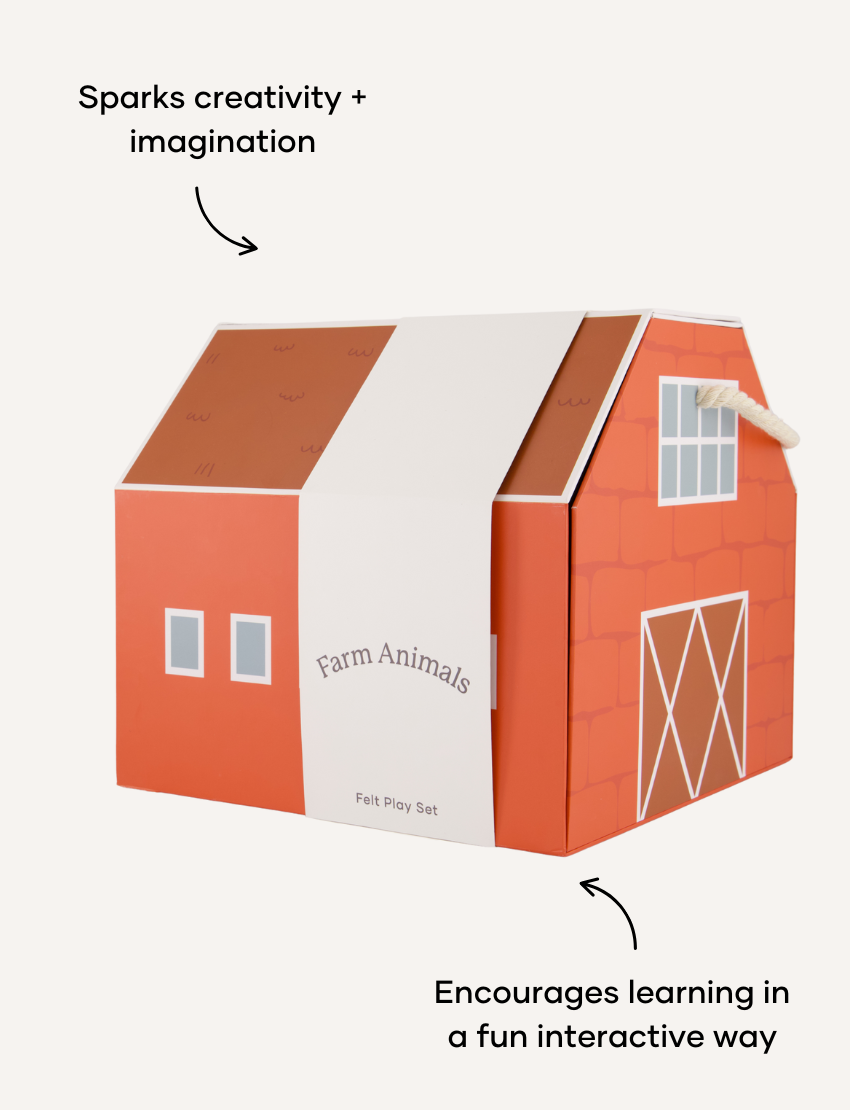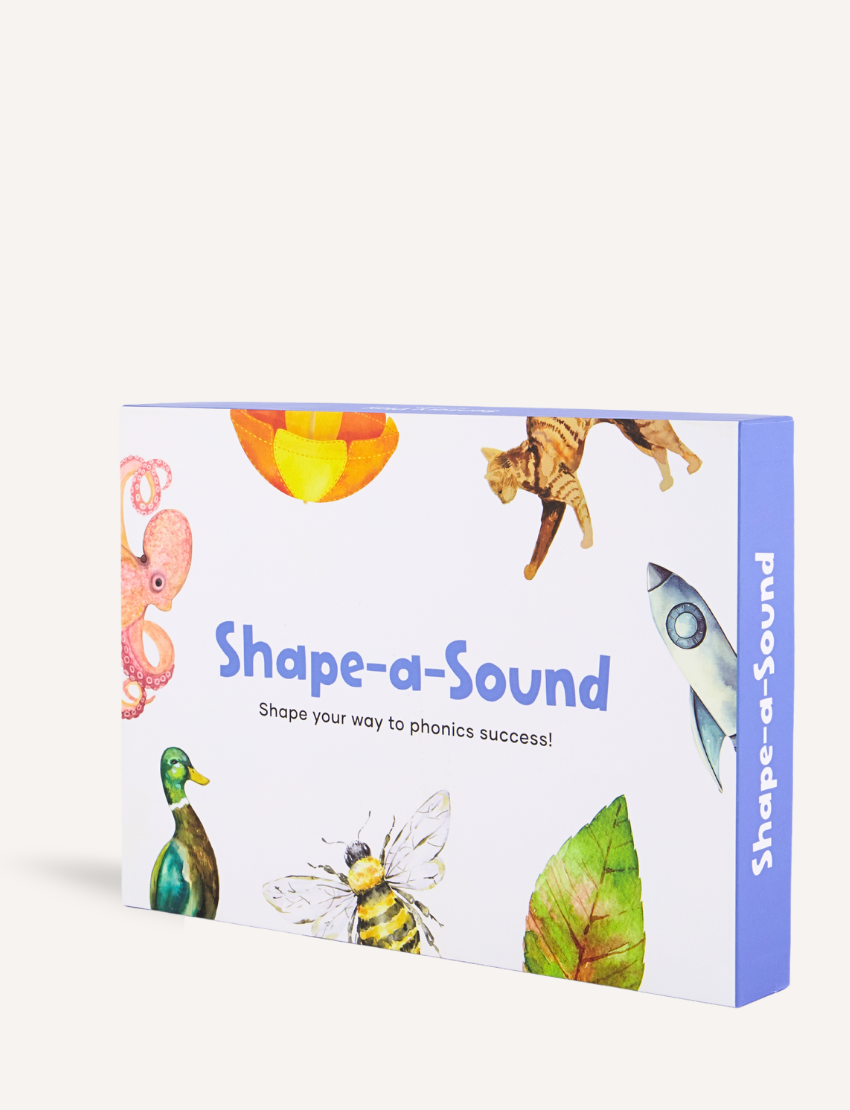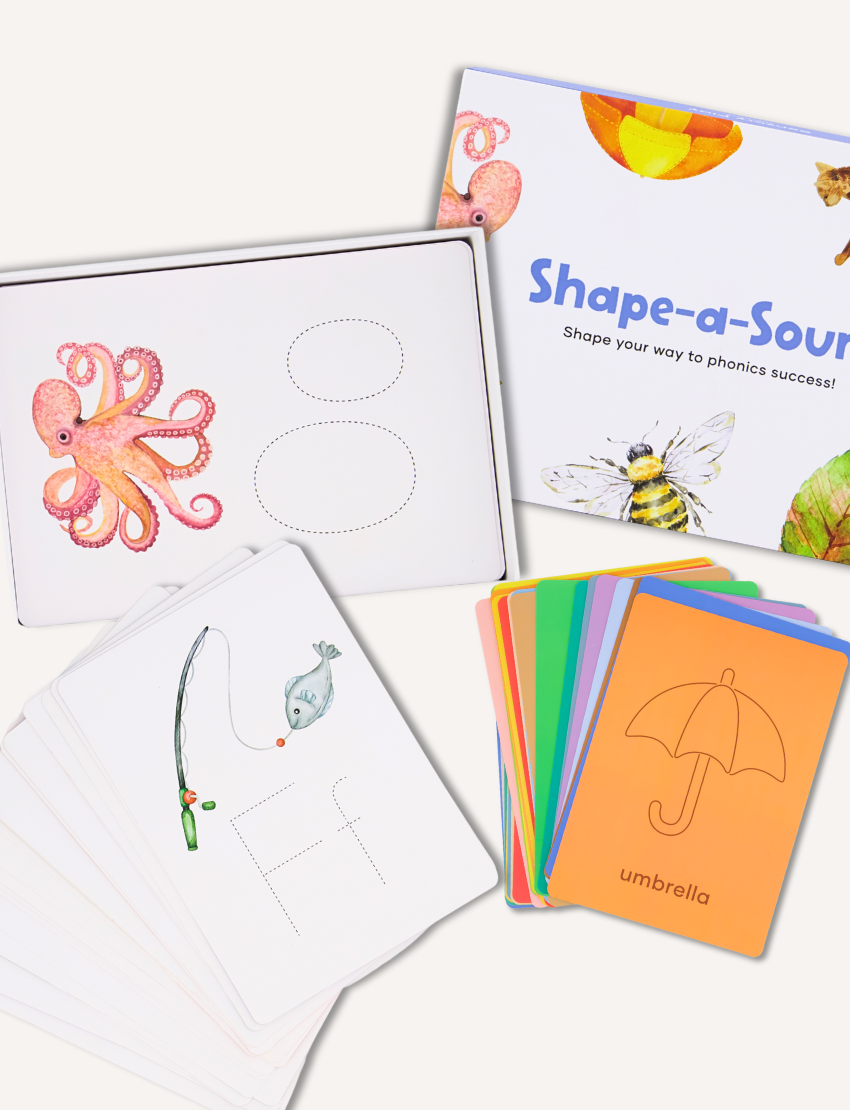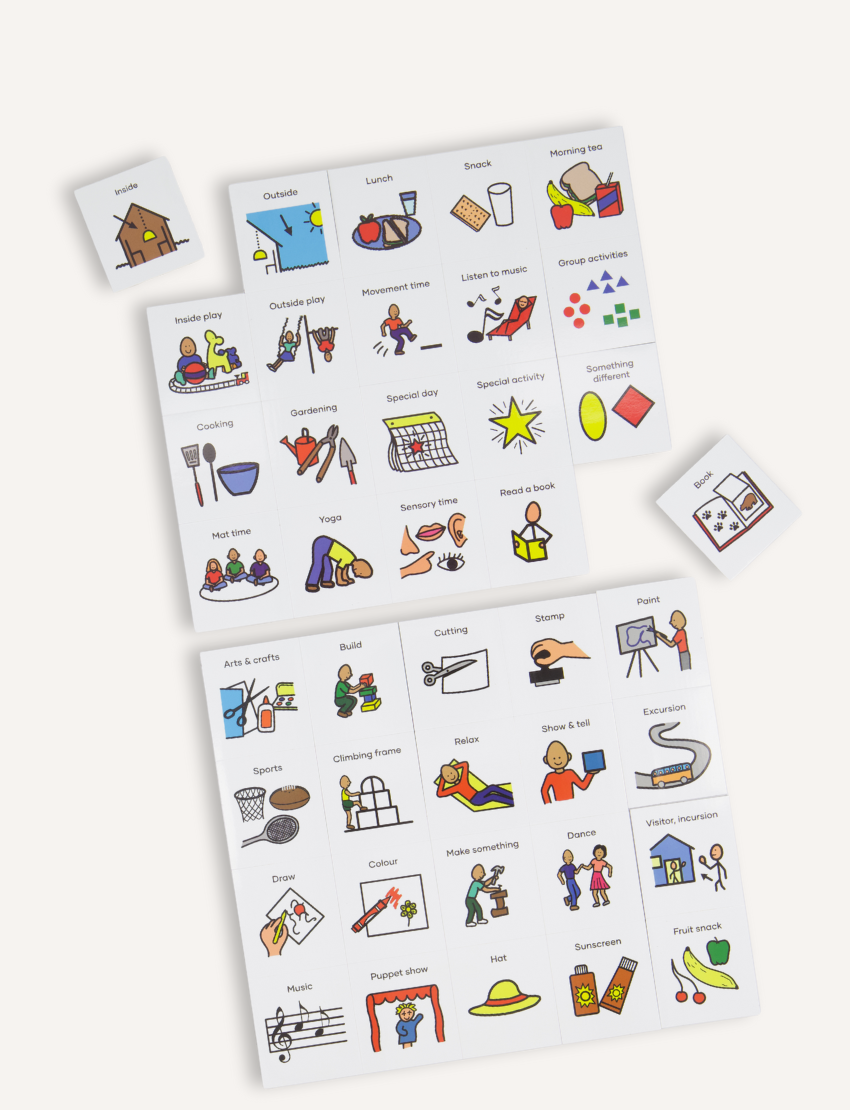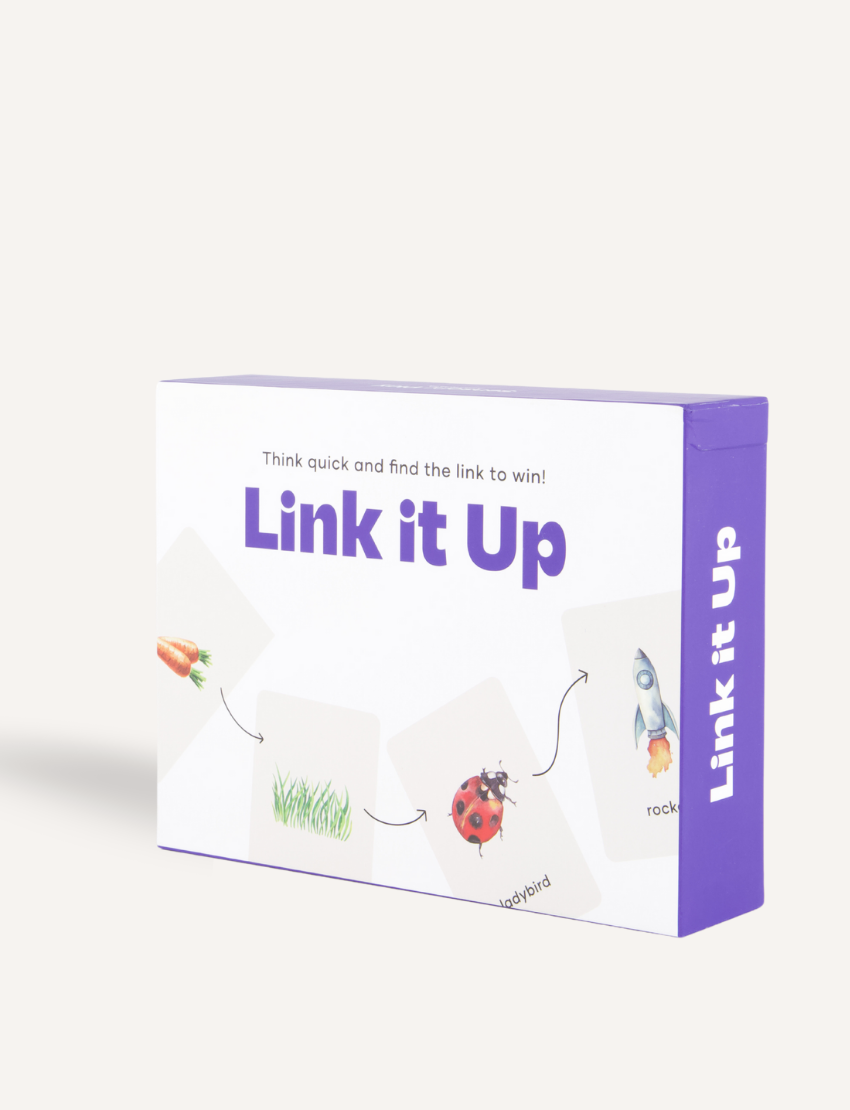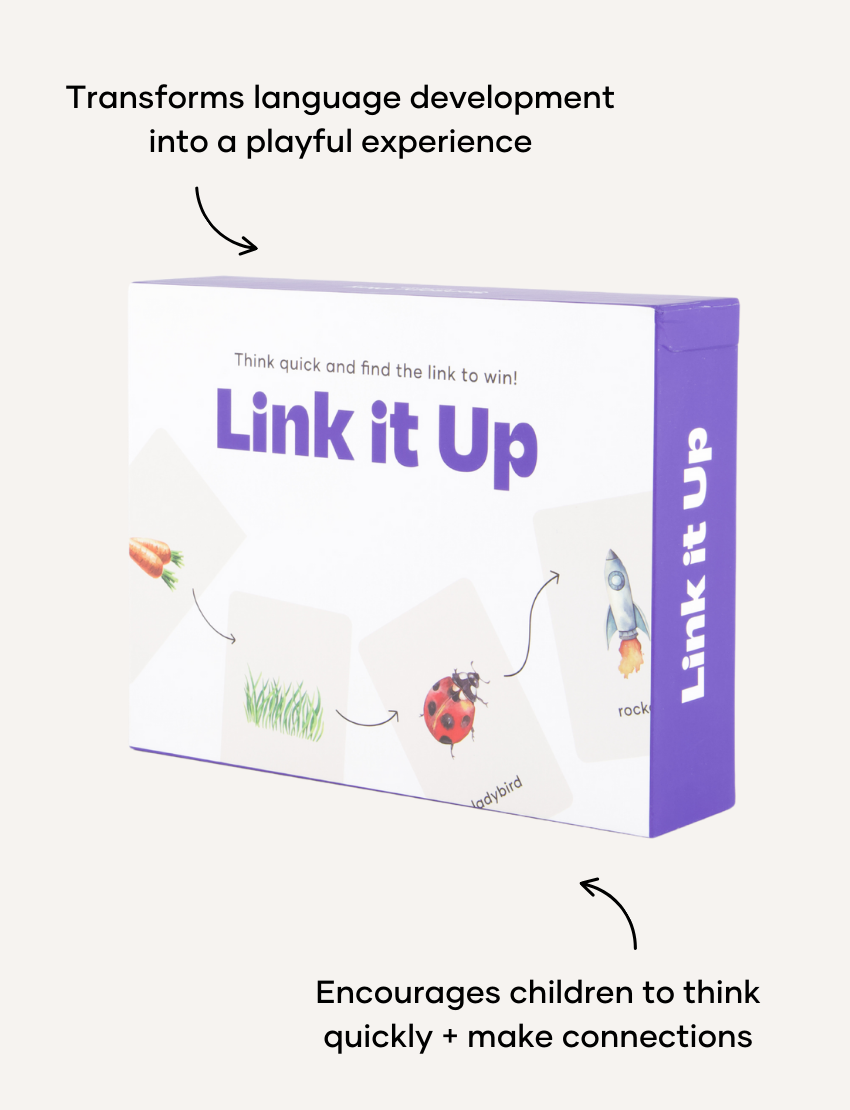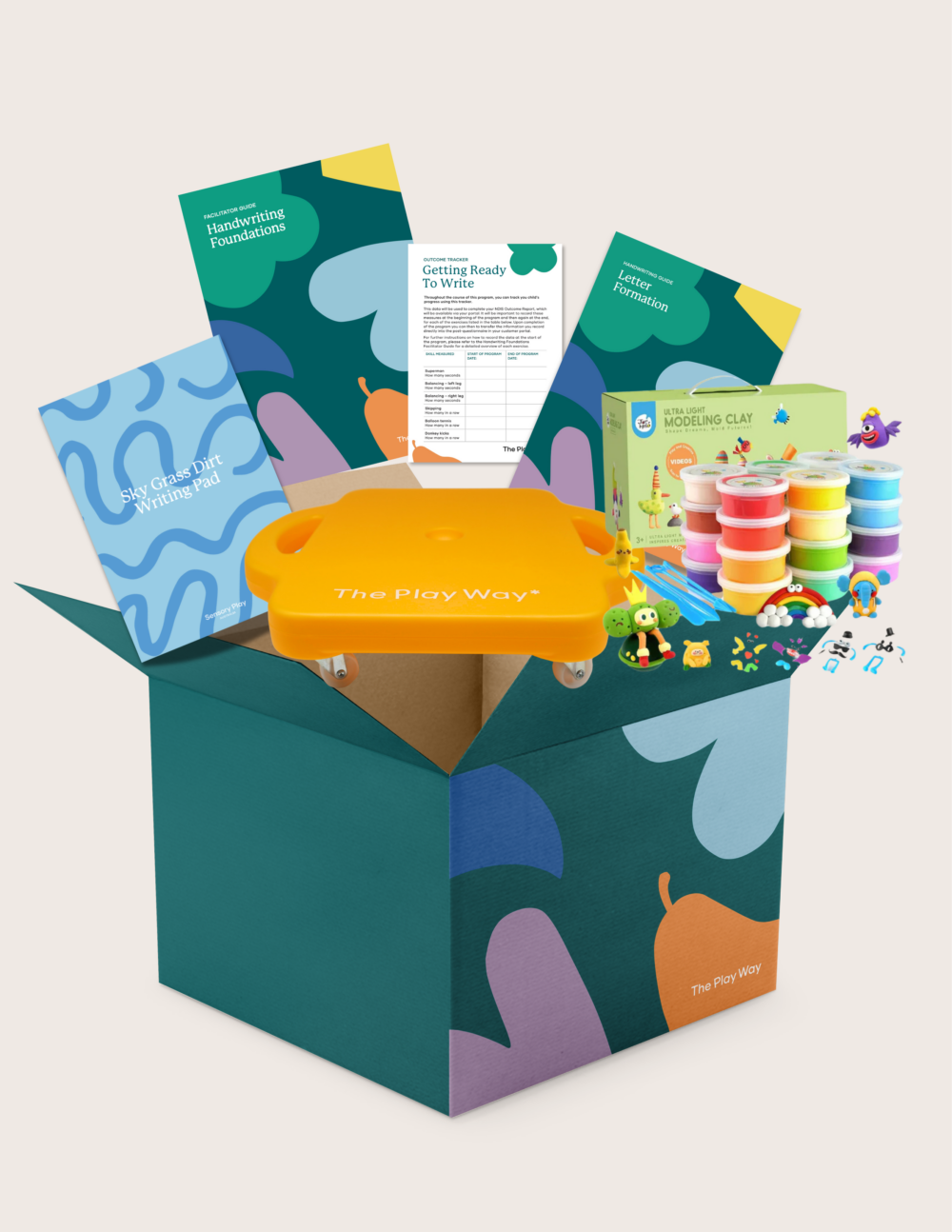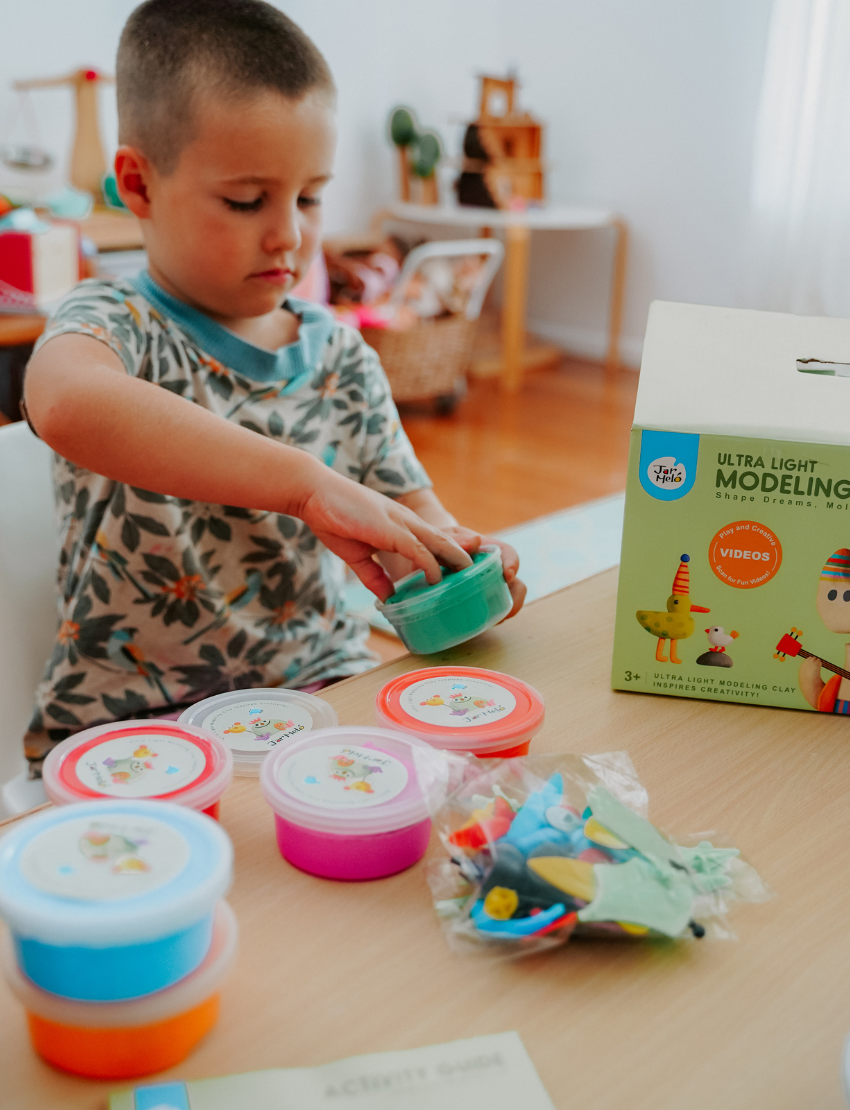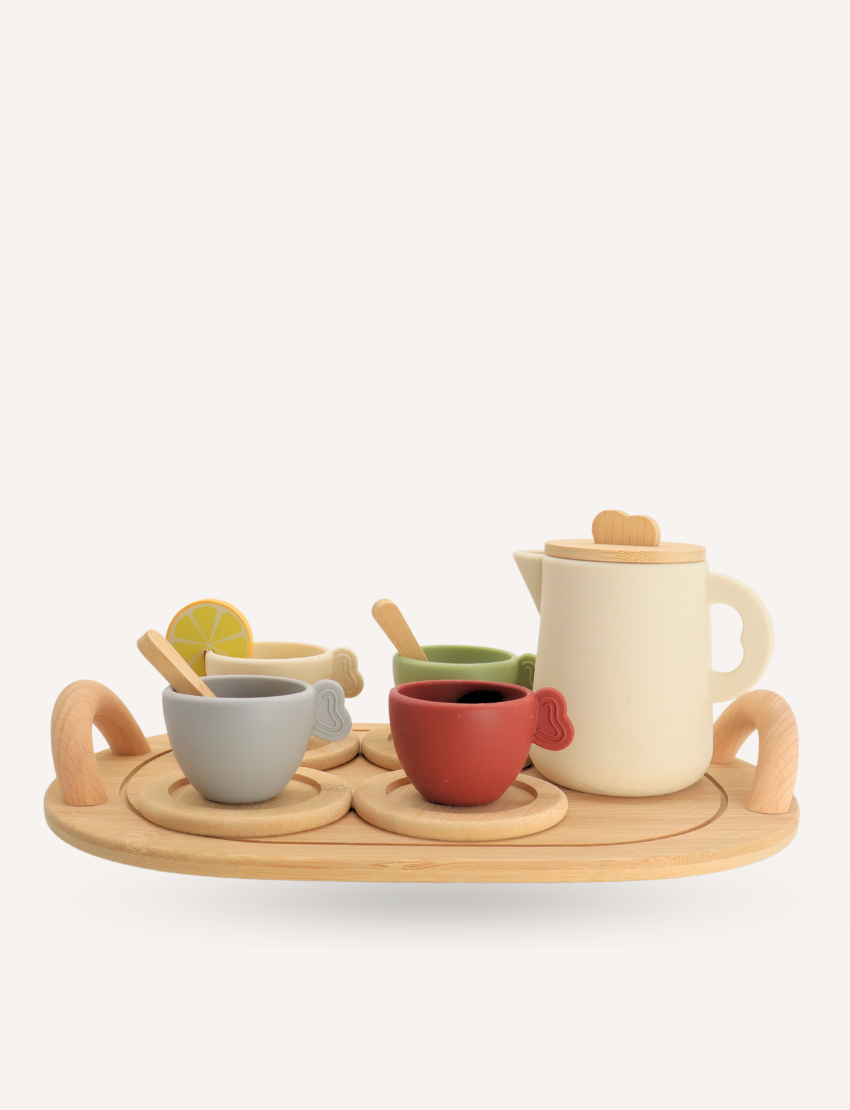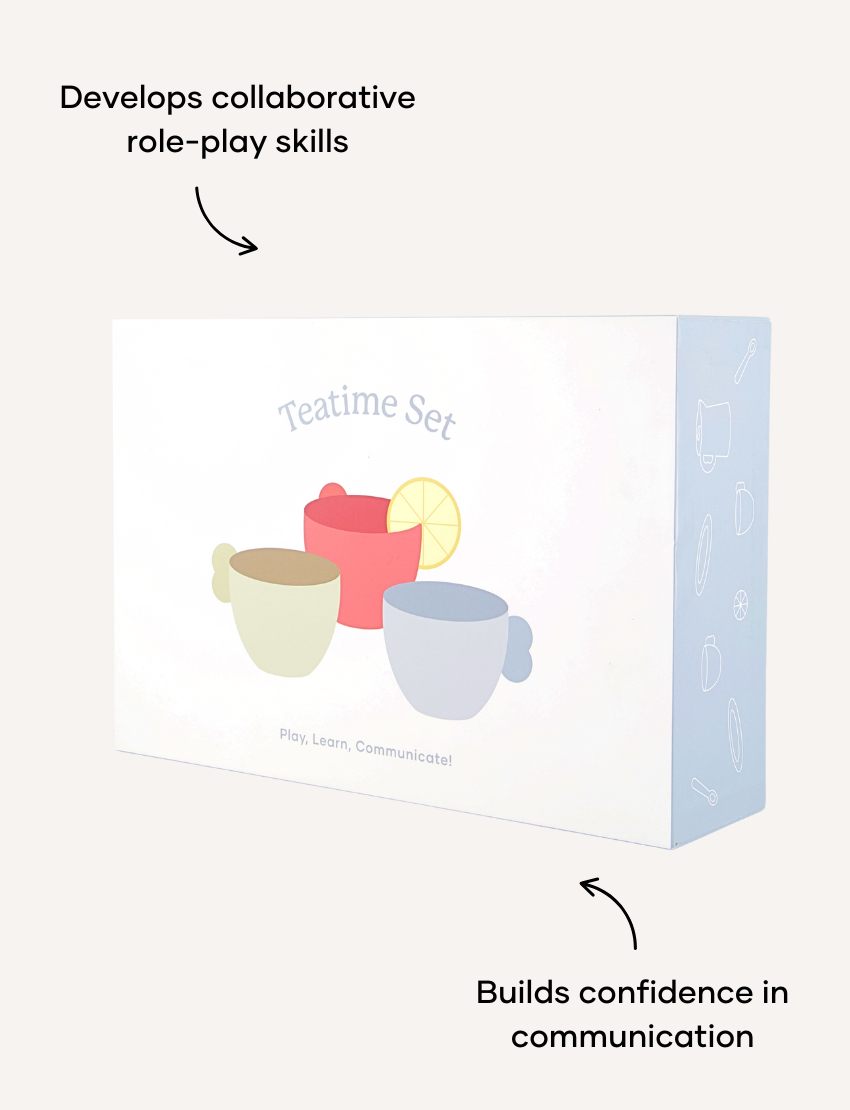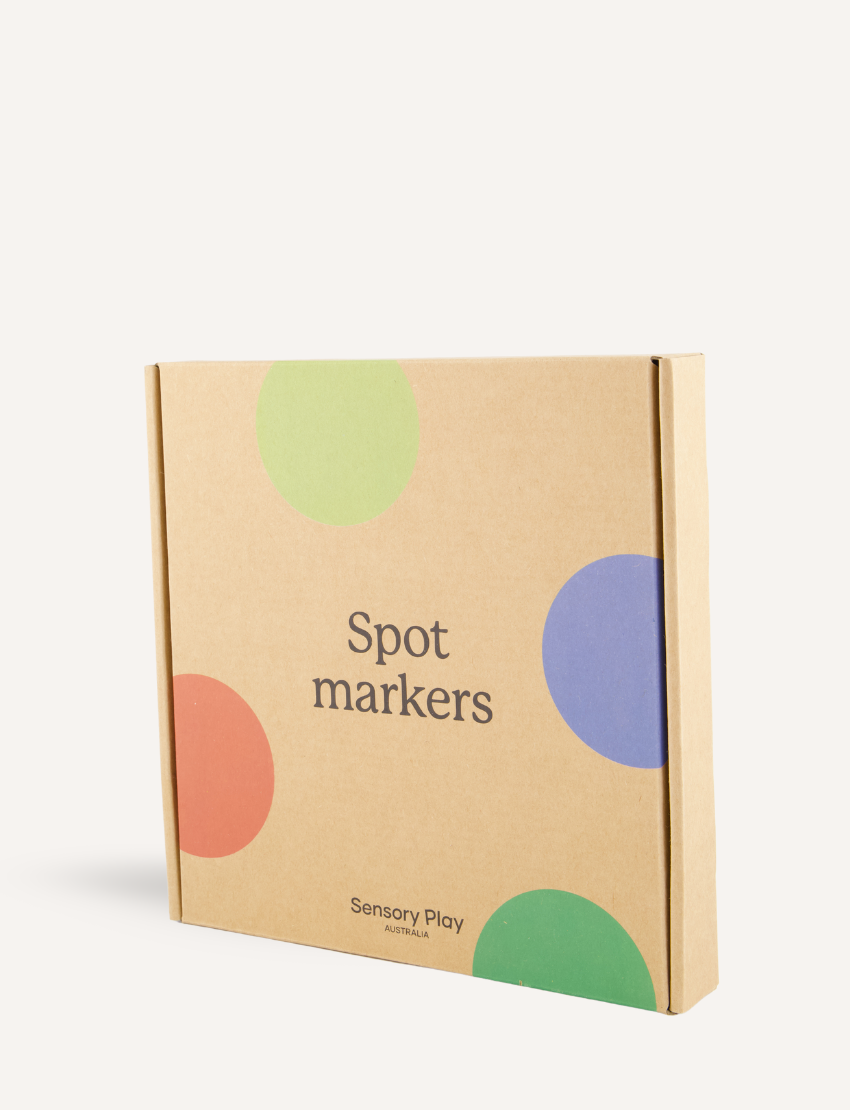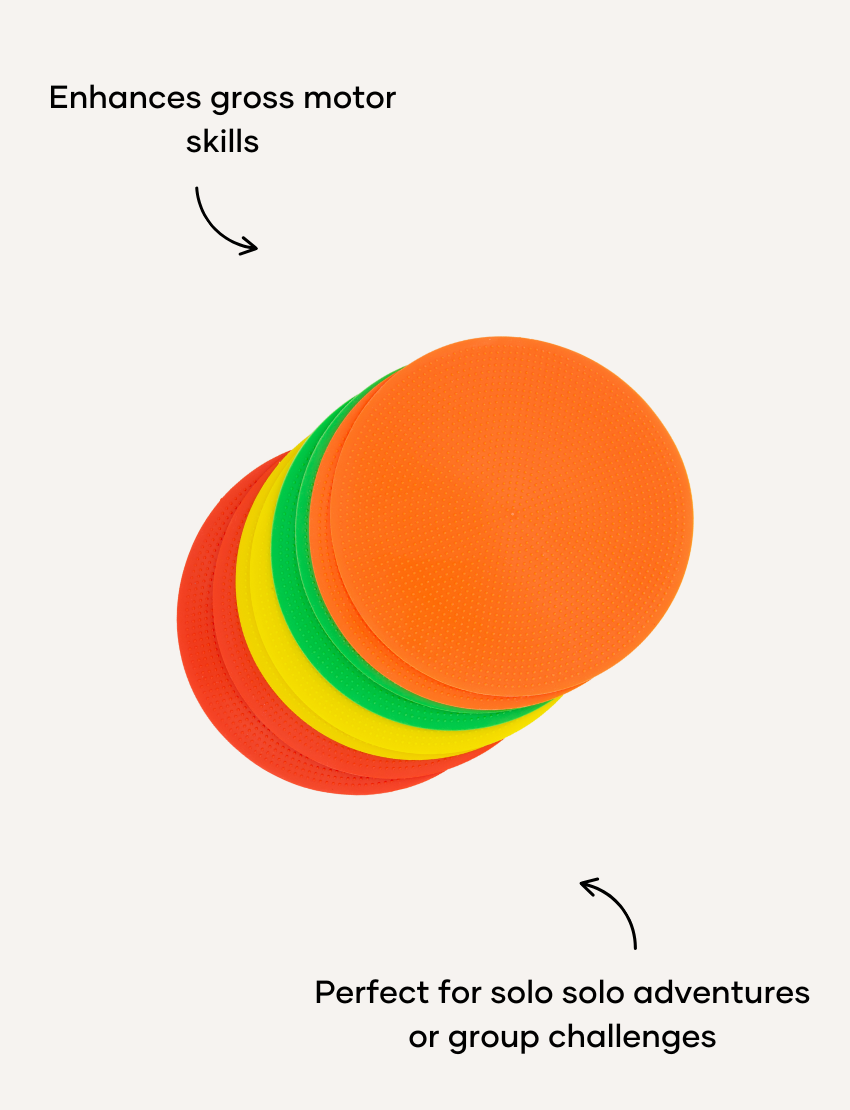Let’s be honest, when allied health professionals walk into your early learning centre, do you breathe a sigh of relief or brace yourself for another layer of complexity?
If it’s the latter, you're not alone. Over nearly 20 years as an occupational therapist working alongside educators, I’ve seen both the magic and the mayhem that can happen when support teams aren’t quite in sync. So, let’s unpack this. When do allied health professionals truly help? And when can their presence unintentionally become a hurdle?
The Changing Landscape of Early Support
Once upon a time, we had cohesive, well-funded services, like specialist children’s teams and transdisciplinary models, that prioritised collaboration. Everyone worked towards shared goals, often with a single key worker supporting the family and liaising with others.
But times have changed.
Since the rollout of the NDIS, we’ve seen a surge in individual therapists, each with their own goals, methods and schedules, entering early learning spaces. That means multiple professionals for each child, each pulling in different directions.
Imagine being an educator trying to keep up with one child’s OT, their speech pathologist, their physio, and then multiply that by several kids. Add to that staff shortages and limited time to come off the floor, and it’s no wonder things feel chaotic.
What Actually Works?
Here’s what the evidence, and years of experience, tell us: outcomes improve when goals are coordinated, simple and shared. Especially when those goals are focused on what’s meaningful to the child and their family, and practised in natural environments, like your centre, through everyday routines.
That doesn’t happen by accident. It takes intention.
Without clear coordination, a visit from an allied health professional can feel more like a disruption than support. Especially if they’re only working with one child in a siloed, one-on-one session, leaving educators in the dark.
But when it is done well? It’s transformative.
Setting the Stage for Successful Collaboration
So, how do you make allied health visits genuinely valuable? Here are a few practical steps we recommend:
1. Start with clear expectations
Before anyone sets foot in your space, ask:
-
What’s the purpose of their visit?
-
How often will they come?
-
Are they here to work one-to-one, model strategies or upskill the team?
Get really clear on what works for your centre. Don’t be afraid to share your preferences, this is your space, after all.
2. Choose simplicity over quantity
You don’t need ten goals per child. In fact, the fewer, the better. Choose one or two goals per term that everyone, educators, therapists and families, can focus on together.
It’s about doing a few things really well, consistently, rather than spreading support too thin.
3. Invest time up front
We get it. Time is scarce. But making space early on to connect with families, understand a child’s unique needs, and map out who’s on their care team can save a lot of time, and stress, down the track. A 20-minute conversation now could prevent weeks of miscommunication later.
4. Build ongoing relationships, not just visits
If you’ve got allied health professionals you trust and align with, lean in. Let families know these are people your team already has strong connections with. Continuity is powerful, not just for children, but for educators too.
5. Think about centre-wide impact
Wouldn’t it be amazing if every visit from a therapist didn’t just support one child, but strengthened your whole team? Whether through modelling, coaching, or sharing simple strategies, aim for ripple effects. Let’s move from supporting a child to upskilling a team.
What If You Don’t Have In-House Support?
Not every centre has regular access to allied health professionals, and that’s where options like our Educator Hub can fill the gap.
Think of it like your on-demand support team:
-
Weekly live trainings on topics that matter to you
-
Bite-sized, practical learning you can access anytime (hello, flexibility!)
-
Individualised learning plans and certificates
-
A chat group for real-time questions and support
All designed to boost your team’s confidence and consistency, without pulling staff off the floor or relying on expensive external visits.
Let’s Work Smarter, Not Harder
Allied health professionals can be a massive asset to early learning spaces. But only when we pause to ask:
-
Why are they here?
-
How are they helping not just this child, but the whole centre?
-
Are we working together or in silos?
At The Play Way, we believe in simple, consistent and coordinated strategies that lift everyone up, educators, families and most importantly, the children we’re all here for.
If you’re ready to rethink how allied health fits into your space, or want to learn more about how the Educator Hub can support your team, reach out. We’re here to help.
Because you deserve support that works, and that helps you do what you do best.


